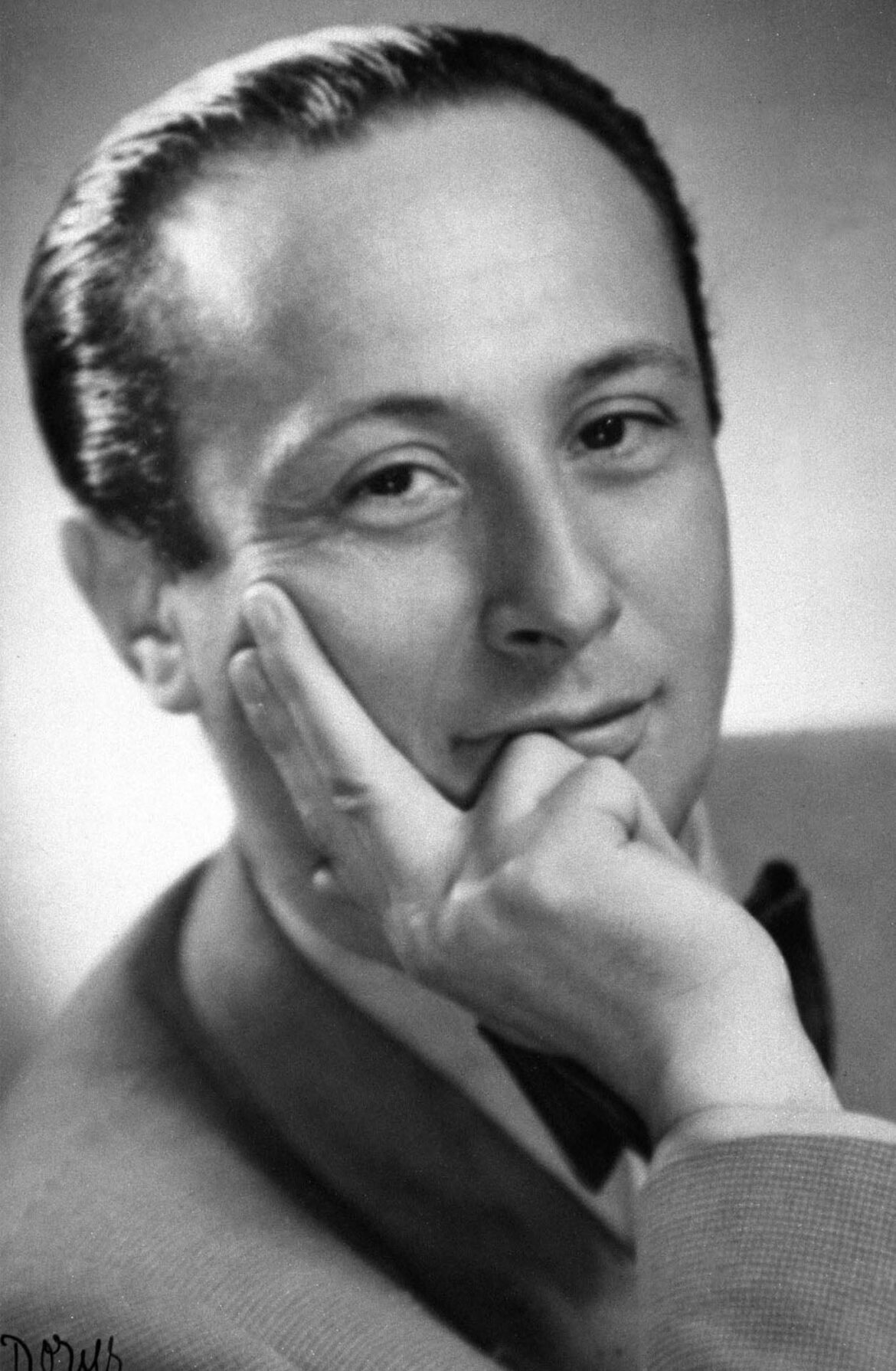The story of the Polish pianist of Jewish origin, Wladyslaw Szpilman, became known to the whole world in 2002 through the film “The Pianist” directed by Roman Polanski. It tells the true story of the composer during World War II.
Before the film was made, Szpilman’s wartime fate was only known to Poles after his memoirs were published in 1946. Their first title was ‘Death of a City’. After the book was reissued in 1998 under the changed title ‘The Pianist’, it became a worldwide bestseller. It has been translated into 38 languages.
Szpilman first learned to play the piano in Warsaw and then in Berlin. After Germany elected the NSDAP in democratic elections, the atmosphere in the country became hostile to Jews. After 1933, persecution of Jewish people began in the Third Reich. This forced Szpilman to leave. He returned to Poland, where he was employed by the Polish Radio. On 23 September 1939, he played Chopin’s works during his last ‘live’ broadcast. At that time, German bombs fell on the power station in Warsaw and the Radio stopped broadcasting. Interestingly, the first broadcast of Polish Radio after the war began with works played by Szpilman.
In 1940, the pianist was imprisoned in the Warsaw Ghetto created by the Germans. Despite the incredibly harsh conditions that prevailed there and the hunger, Szpilman was involved in the musical life of the Jewish community.
In 1942, during the Ghetto’s “final liquidation action”, his entire family was deported to the Treblinka extermination camp. Thanks to the help of a Jewish policeman, he managed to escape from the transport. The pianist was helped to hide on the “Aryan side” by Poles (Czesław Lewicki, Andrzej and Janina Bogucki, Helena Lewicka, Eugenia Umińska, Witold Lutosławski, Edmund Rudnicki, Piotr Perkowski and Irena Sendlerowa). He also benefited from the support of a Polish underground organisation dedicated to saving Jews – the Council to Aid Jews “Żegota”. He was in hiding until the end of July 1944.
When the Warsaw Uprising broke out, he lost his previous shelter. Szpilman hid in the ruins, where a German soldier, Wilm Hosenfeld, found him. The German helped Szpilman and brought him food.
In Polanski’s film, the lead role of the titular ‘Pianist’ was played by Adrien Brody. The production received 3 Oscar statuettes (in the categories: Directing, Screenplay and Leading role). At the Cannes Film Festival, the film was named Best Picture and received the Palme d’Or.





